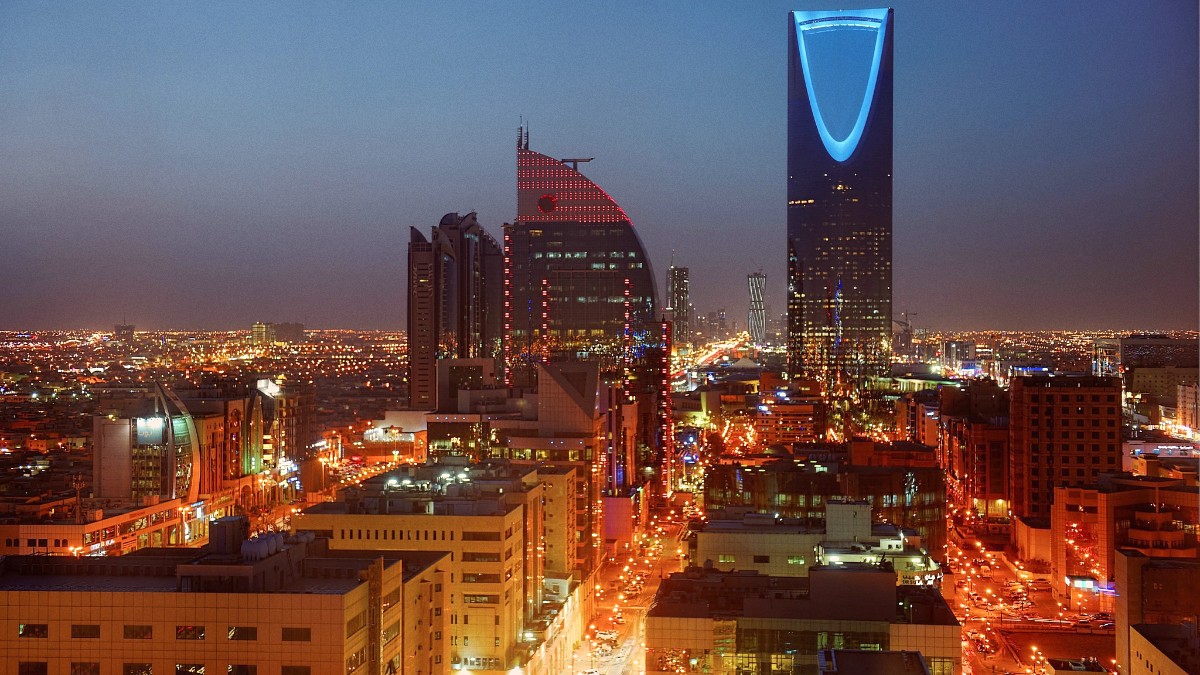
Saudi Arabia
Saudi Arabia has designated several protected areas. Initiatives like the Saudi Green Initiative address climate change and promote afforestation. Wadi Hanifah is a prime example of successful ecological rehabilitation.
Riyadh’s waste management and recycling infrastructure develops. Personal plastic consumption reduces with a reusable water bottle. Bottled water is necessary for drinking, refilling from larger bottles helps reduce waste.
Saudi Arabia faces water scarcity, relying heavily on desalination. Water conservation forms a serious concern. Shorter showers and reusing towels are simple measures.
Your environmental footprint can reduce through conscious choices. Supporting green initiatives and minimizing waste contribute to sustainable tourism.
Saudi Arabia undertakes significant environmental initiatives, including the Saudi Green Initiative and the Middle East Green Initiative. These programs address climate change and promote biodiversity. Visiting protected areas means adhering to local regulations and staying on marked paths.
Accommodation with sustainability policies and tour operators committed to responsible tourism represent mindful selections. Carbon offset programs further mitigate long-haul flight impacts.
Responsible waste disposal and water conservation are . Reduce single-use plastics. Dispose of waste in designated bins.
Efforts to protect biodiversity are ongoing across the Kingdom. Supporting organizations focused on conservation further aids these goals.
Research hotels with certified green practices or explicit sustainability policies.
Discover Eco-friendly StaysSelect operators that focus on ethical travel, engage local communities, and minimize environmental impacts.
Explore Ethical ToursYour choices as a traveler can support Riyadh's commitment to a sustainable future.
Cultural sensitivity is an integral component of responsible travel in Riyadh. Your actions generally influence perceptions and foster positive interactions.
Saudi Arabia makes major investments in preserving and restoring its historical sites. Diriyah and Ushaiger Heritage Village serve as examples. Visitors support these efforts by visiting official sites and respecting all regulations designed for preservation.
Discretion and respect are paramount when photographing. Especially when taking pictures of women and children. Avoid candid shots without clear permission. In traditional areas, direct photography of people without explicit consent is often best avoided. Focus on landscapes and architecture. Non-Muslims visiting mosques should dress modestly and remove shoes.
Your visit contributes positively to the local economy through various choices. Supporting small, local businesses and ethical sourcing generally results in direct benefits to Saudi families and entrepreneurs.
Dine at local restaurants, shop at traditional markets, and utilize local tour guides and drivers.
Purchase souvenirs genuinely made by local artisans. Bargain respectfully in souqs.
Give to established and reputable local charitable organizations. Avoid direct giving to beggars.
Avoid activities that exploit local communities, wildlife, or natural resources. This includes not supporting businesses that engage in unethical labor practices or illegal activities.
A commitment to responsible travel means respecting the environment, culture, and economy of Riyadh. Your travel choices shape your overall experience and contribute to the local setting.
Protected areas, waste management, and water conservation remain critical. Reducing your personal impact is a small, yet meaningful, contribution.
Adherence to local customs ensures positive interactions. Respect for cultural preservation efforts, thoughtful photography, and proper religious site etiquette are fundamental for a harmonious visit.
Your financial choices have direct effects on the local economy. Fair trade practices ensure that your money directly benefits the people and places you visit.
Conscious travel avoids exploitation. Refrain from activities that damage local communities, wildlife, or natural resources. This includes not supporting illegal or unethical businesses. Your discerning choices play a part in maintaining the integrity of the destination.
Always abide by local laws and regulations. Ignorance of the law generally does not excuse violations, and penalties can be severe.
Riyadh welcomes visitors who share this ethos.